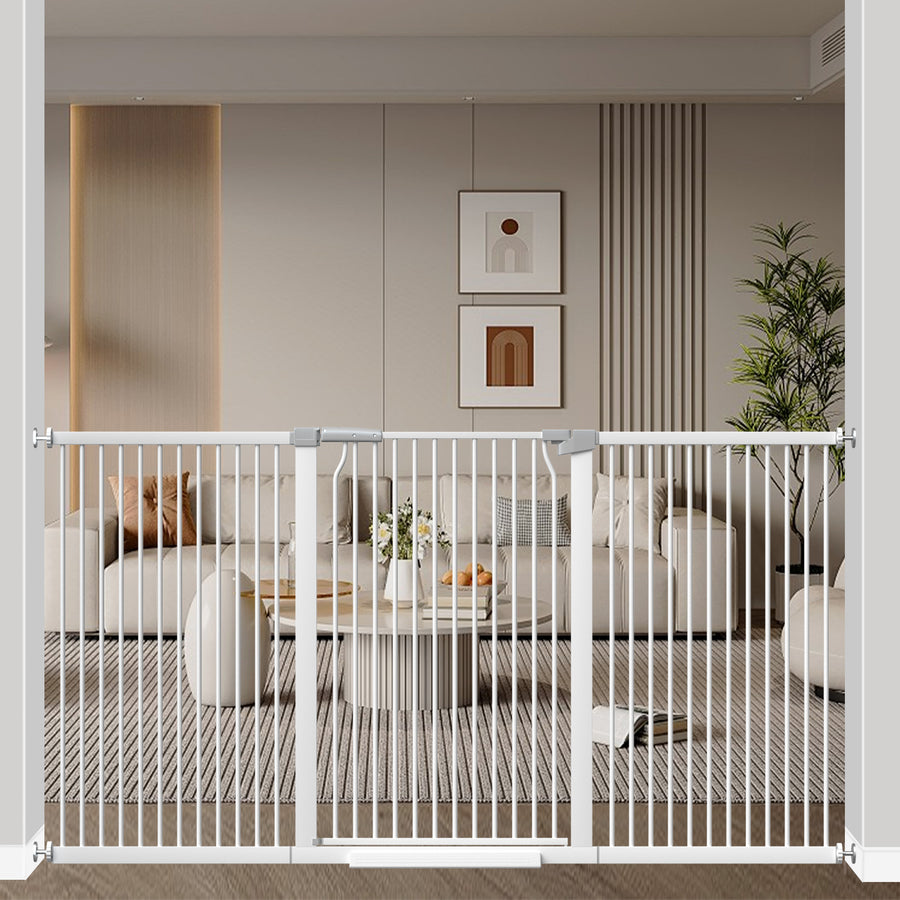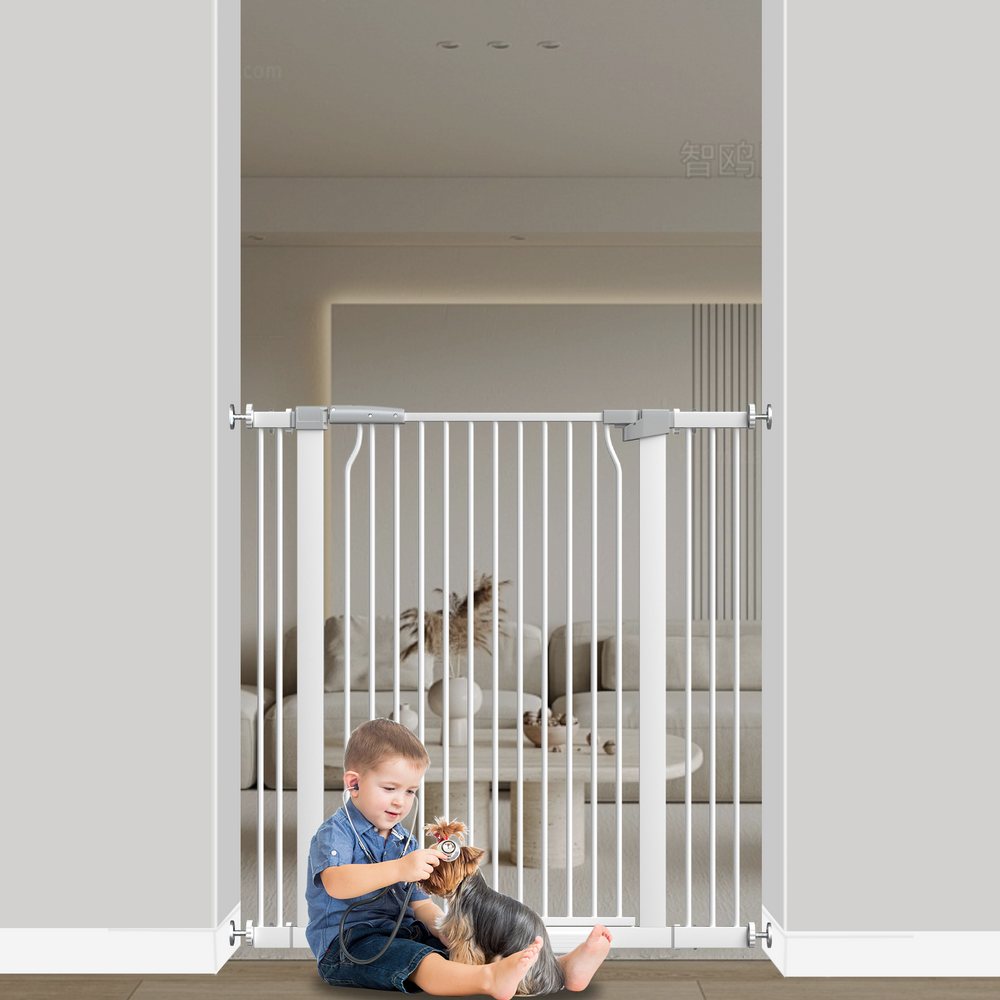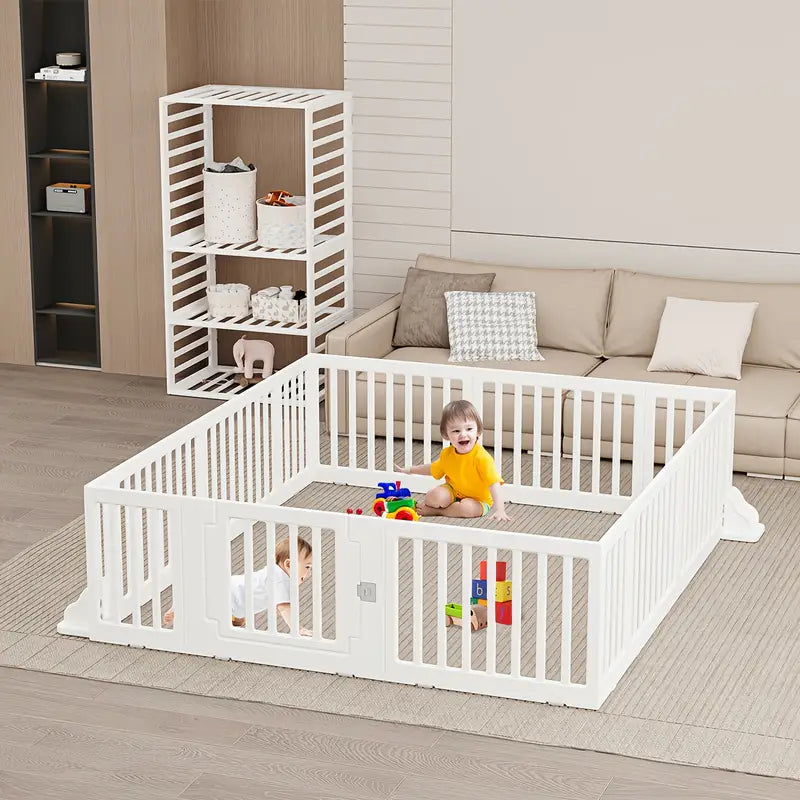How to Deal with a Curious Baby
Kids possess a natural sense of wonder about the world around them, driving them to ask questions and explore. This inquisitiveness is a key factor in their learning journey, helping them absorb knowledge faster. Curiosity is innate; it encourages children to discover new things and have fresh experiences. While it can sometimes lead to negative outcomes, these moments offer valuable lessons. A curious mindset not only enhances a child’s confidence but also promotes social skills.

This intrinsic curiosity doesn’t necessarily require external stimulation. As parents, it's important to pay attention to their questions and provide answers in a way that's comprehensible to them. Children often view their parents as all-knowing sources, making it common for them to seek answers from you. It's also crucial to educate children about social and physical boundaries. Situations where curiosity leads to undesirable consequences should be addressed firmly to avoid future incidents.
Ensuring Your Baby's Safety at Home
Your home needs to be a secure environment for your little one. Here are some key tips to facilitate safe exploration for your baby.
Creating a Baby-Safe Home

Ensuring your home is safe for your baby's exploration is vital before they start crawling. Here's a checklist to prepare your home for your baby's adventures:
- Fit your toilets with locks to prevent finger pinching, exposure to germs, and reduce the risk of drowning.
- Place non-slip mats in the bathroom to avoid slips during those unexpected baby chases.
- Secure all cords out of your baby's reach.
- Cushion the sharp edges of furniture like coffee tables and TV stands with protective bumpers.
- Elevate houseplants to prevent soil messes.
- Secure your TV by wall mounting it or keeping it behind closed doors.
- Use a gate or screen to safeguard your fireplace.
- Install baby gatesto block access to stairs and steps.
Integrating Pets with Your New Baby

If your pet was the center of attention before your baby's arrival, they'll need time to adjust. Here are strategies to ensure a smooth transition and a growing friendship between your pet and your baby:
- Update your pet's vaccinations before bringing the baby home.
- If your dog hasn't been through obedience training, now might be the time; a refresher course can also be beneficial.
- Gradually introduce your pet to baby-related scents like lotion and powder.
- Set up boundaries for your pet around the nursery, or use a baby gate to restrict access.
- Continue to engage with your pet while caring for the baby. Lack of attention can lead to behavioral issues. Include your pet in family activities, maintain their feeding and walking schedule, and find time for one-on-one interaction. This approach helps both your pet and baby adjust happily.
Securing Your Kitchen for Baby Safety

The kitchen, a hub of household activity, poses various risks for little explorers. Follow these tips to make your kitchen a safer place for your baby:
- When cooking, turn pot and pan handles inward to prevent your baby from grabbing and pulling them down.
- Install stove covers to prevent the accidental turning of knobs, which can also help you save on utility bills.
- If you feed your pet in the kitchen, consider alternate arrangements. Either remove the pet's bowl after feeding or relocate the feeding area to a baby-free zone like the laundry room.
- Store cleaning products safely. Use cabinet locks or relocate them to an inaccessible area.
- Be extra vigilant with floor cleanliness. Regular sweeping and mopping are essential to eliminate potential choking hazards that may fall to the floor.
Ensuring Your Baby's Safety in the Outdoors
Exploring the outdoors is an exciting adventure for babies, but it's important to be prepared for its unpredictability. Here are some tips to keep your baby safe during outdoor activities:
Choosing a Safe Outdoor Spot for Your Baby

- Watch for Holes: Check for gopher holes or similar pitfalls. These can be a tripping hazard, potentially leading to injuries.
- Animal Presence: Ensure there are no risks of encountering wild animals that could be a danger.
- Check the Terrain: Opt for a flat, level area. This makes it easier and safer for your baby to crawl or walk.
- Inspect for Hazardous Plants: Parks often have a variety of plants, including harmful ones like weeds, thorns, or poison ivy. A preliminary check can help you avoid these and set up in a safer spot.
Staying Safe Near Water with Your Baby
Enjoying time at the beach or lake can be wonderful, but it's important to remember that water presents real dangers. Here's how to ensure a safe and fun experience:
- Supervise Always: When near water, it's essential to keep your baby under constant supervision. Make sure to stay together while exploring aquatic environments.
- Consider a Baby Playard: For added safety during outdoor playtime, a baby playard is a great solution. It provides a secure space for your baby to play and explore, giving you peace of mind. Check out our range of playards available.
Remember, while "curiosity killed the cat," curiosity in babies is natural and healthy. By taking proactive safety measures, you can encourage their adventurous spirit without undue worry. For more tips on parenting, visit our blog.






Leave a comment